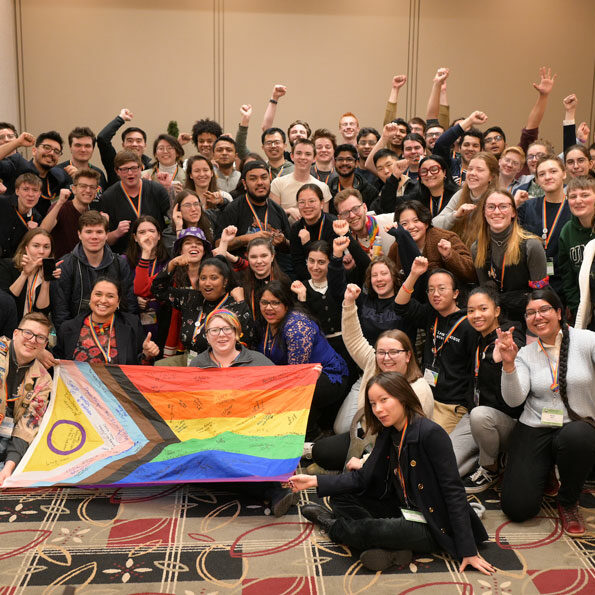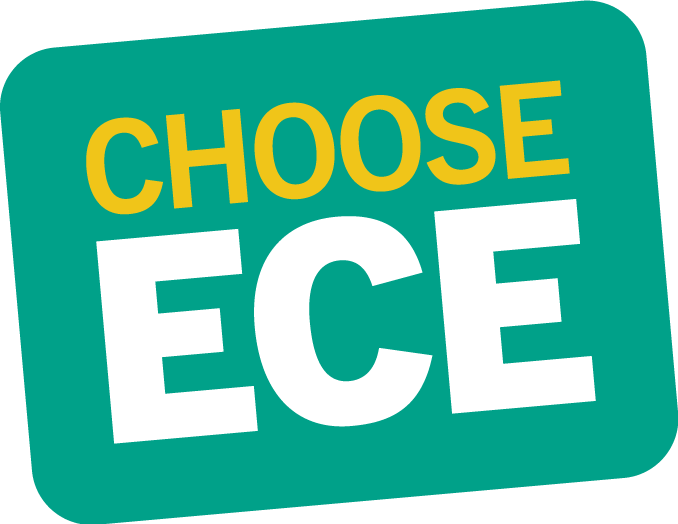Undergraduate Students
The fields of electrical and computer engineering are the engines that power the technology of the 21st century. Think of any device with an energy or information technology component – that’s electrical and computer engineering. It plays a crucial role in everything from neuroscience to space exploration.
The Edward S. Rogers Sr. Department of Electrical & Computer Engineering (ECE) offers two undergraduate programs: Electrical Engineering and Computer Engineering, culminating in a Bachelor of Applied Science (BASc) degree upon graduation. These four-year programs include a mandatory 600 hours of practical experience. Many students opt for the optional Professional Experience Year (PEY) Co-op Program, extending their studies with valuable industry experience between the third and fourth years.
Admission Requirements
Your academic record, particularly in math, chemistry, and physics courses, plays a crucial role in your ECE application. Additional requirements vary based on the education system you attended. Visit the Discover Engineering website for comprehensive admission details and reach out to engineering@utoronto.ca for any questions.
Program Overview: ECE offers a four-year BASc Degree
First & Second Year
The first two years of study are your foundation and are the same for both electrical and computer engineering undergraduates. Our students learn the principles of their disciplines by attending courses taught by our world-renowned faculty and gain real-world experience working with companies and organizations related to their fields of interest.
During the first year, students need to complete 12 core courses. In the second year, they must complete 11 core courses as well as one hardware or software design and communication course.
Third & Fourth Year
In your third and fourth years at ECE, you choose courses to determine whether you'll graduate in electrical or computer engineering. We have a range of areas of focus that integrate a variety of courses to offer a more specialized knowledge base.
In years three and four, students complete:
• Engineering Economics
• Capstone design project
• four Breadth courses
• four Depth courses
• three Technical Electives
• one Science/Math Elective
• one Free Elective
• four Humanities and Social Science (HSS) Electives (up to two from Complementary Studies)
Practical Experience Requirement (600 hours) or PEY Co-op is mandatory.
Research Areas
In your final two years, you choose four areas of study that interest you and then choose two of those areas to focus on, creating your own mix of qualifications so that your degree reflects the engineer you want to be. Students must focus on two of these six research areas:
• Photonics & Semiconductor Physics
• Electromagnetics & Energy Systems
• Analog & Digital Electronics
• Control, Communications & Signal Processing
• Software
• Computer Hardware & Computer Networks
Research Awards
Awards Overview
NSERC Undergraduate Student
Research Awards (USRAs)
University of Toronto Excellence Awards (UTEAs)
Faculty Summer Research Awards
Choose ECE: Why study electrical and computer engineering?
Electrical and computer engineers have the knowledge and skills to develop the technological breakthroughs that make a positive difference in society.
We spoke to current students about why you should choose ECE, as well as about their experiences and the student life at U of T.
Watch the series
on TikTok
Minors & Certificates
You may wish to complement your electrical and computer engineering programs with a minor or certificate. These will appear on your official student transcript when you graduate.
This is a great opportunity to gain interdisciplinary experience and to tailor your degree.
Are you interested in robotics?
Music technology? Entrepreneurship?
See the list of available minors and certificates, and learn about the benefits, eligibility and general requirements:
Hardware & Computer Labs
The hardware and computer labs at ECE provide practical skills and hands-on experience, which are essential to your undergraduate experience.
For information on lab regulations and accessing computers, please visit our Hardware & Computer Labs page.
Practical
Experience Requirement
(PEY Co-op)
To receive your degree, you are required to complete 600 hours of practical experience. This ensures you have significant experience as an engineer with professional responsibility before graduation.
The Practical Experience Requirement applies to all departments at U of T Engineering. The requirement can be completed in several ways, from working in industry to conducting research. Some students satisfy the requirement with U of T Engineering's Professional Experience Year Co-op Program (PEY Co-op) Program.
Course Information
To see the full list of courses available to ECE undergraduates, information on the thesis course, ECE Iris and ineligible electives please visit our Undergrad Course Information page.
Undergrad Awards
Undergraduate summer research awards are allocated by a competitive process to fund a student researcher to work with a professor over the summer.
Student Life
Your U of T experience encompasses more than what happens in the classroom. Over 1,000 campus student organizations provide a great opportunity for you to meet new people, gain practical work experience and learn a new skill.
Visit the Student Life website or Ulife for the clubs and organizations database. Some clubs of interest to electrical and computer engineering students include: ECE Club, The Engineering Society, IEEE Club (Institute of Electrical and Electronics Engineers), National Society of Black Engineers, Troost ILead: Institute for Leadership Education in Engineering, Women in Science and Engineering and QueerSphere.

